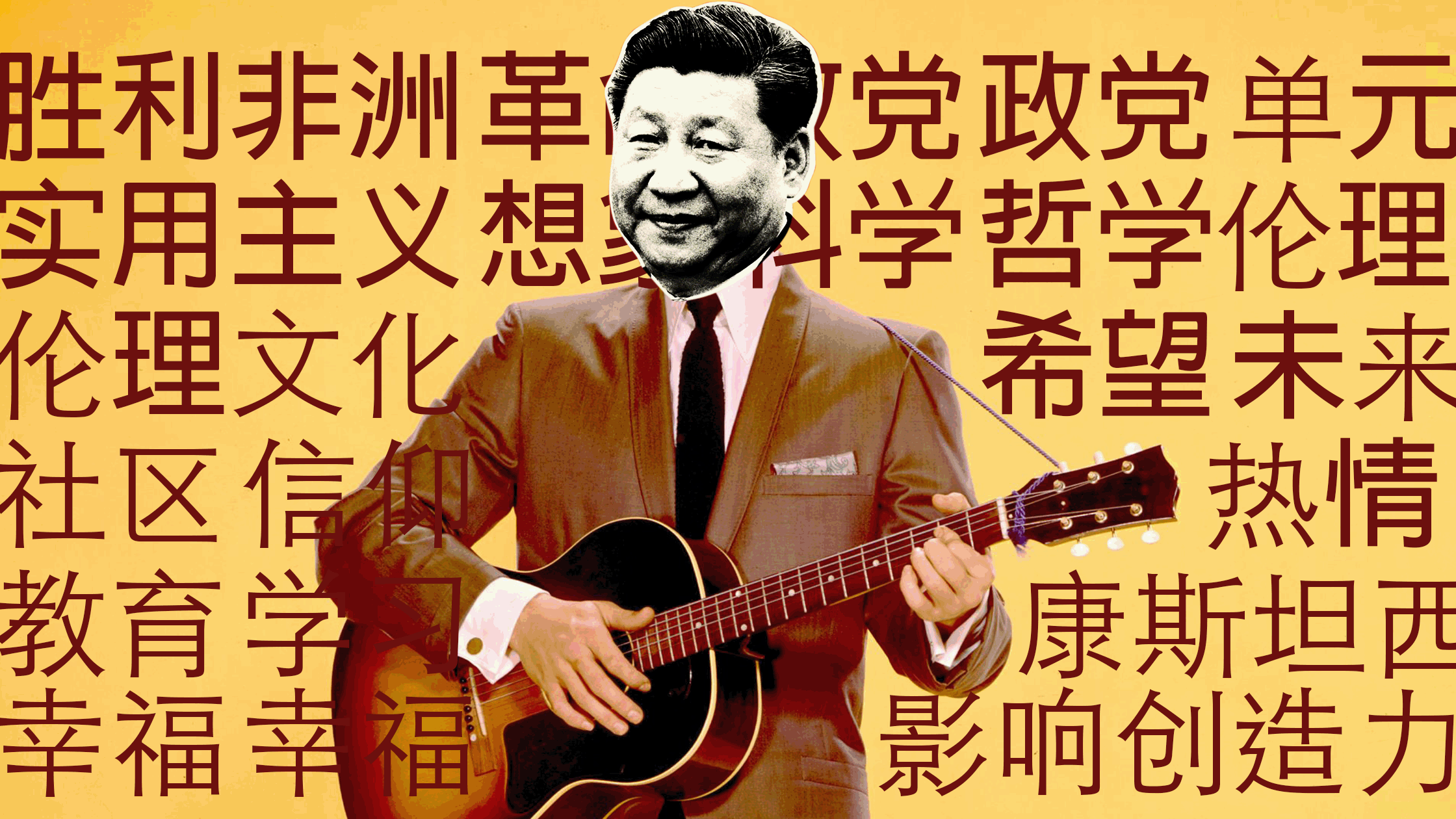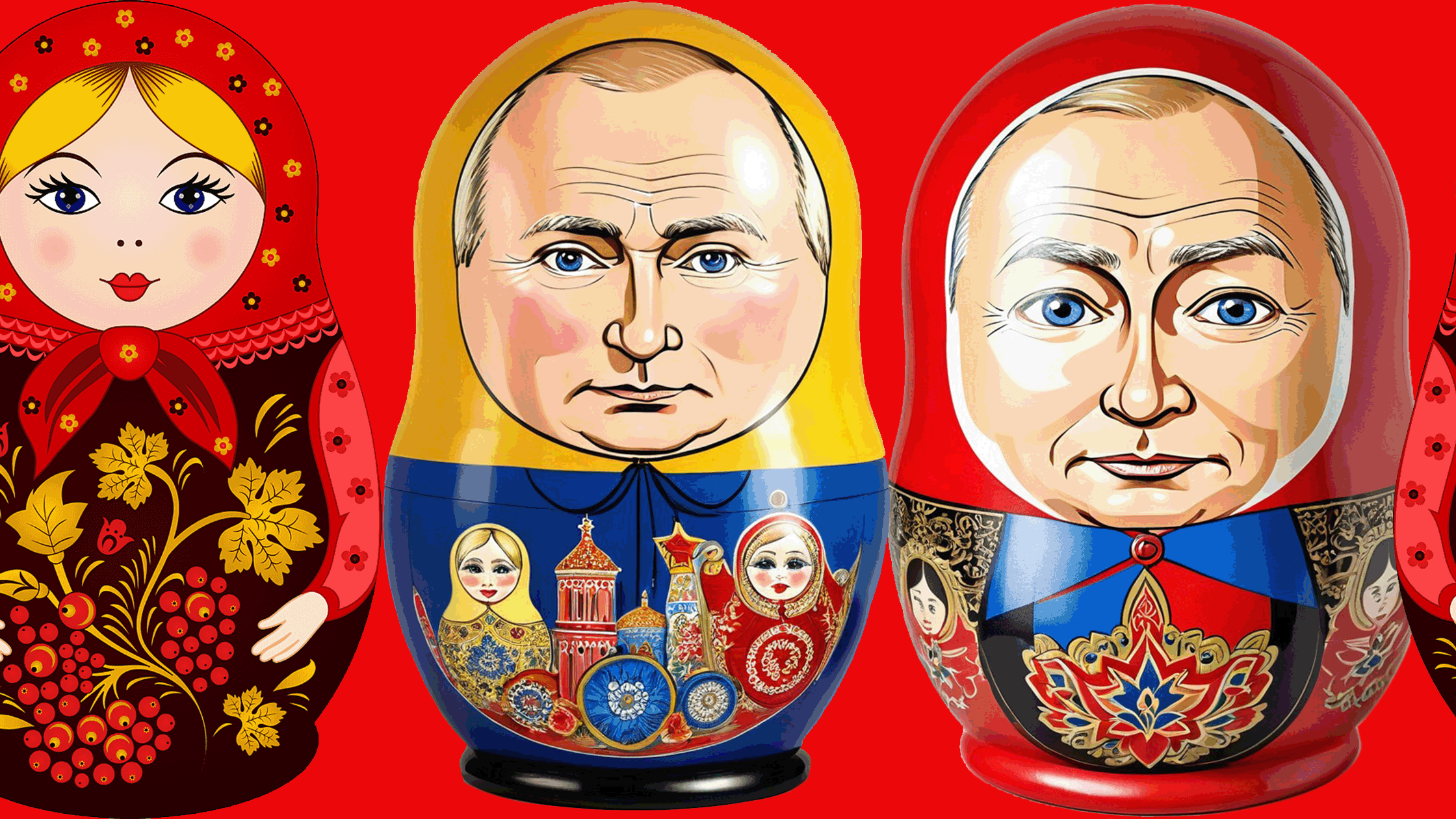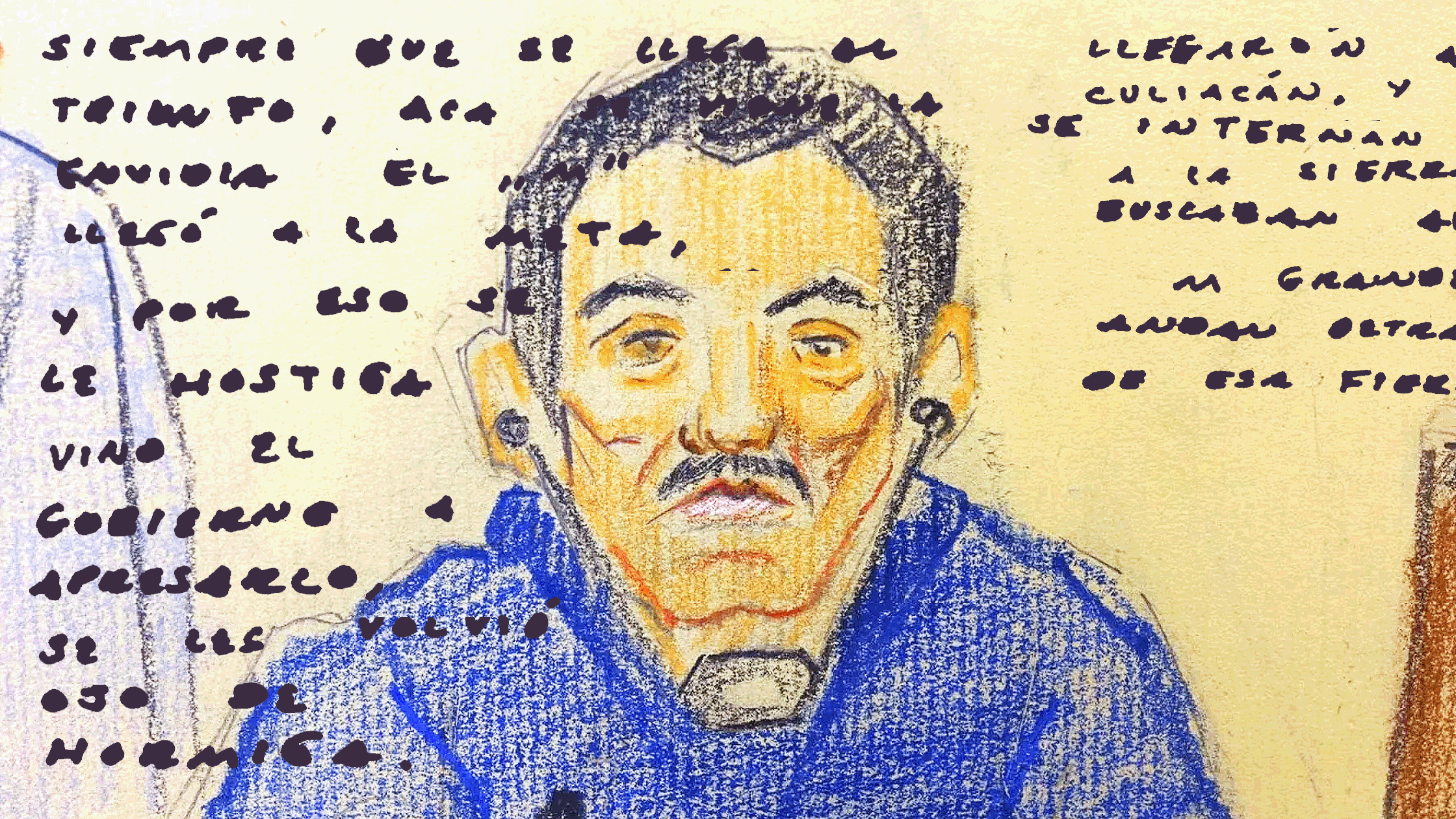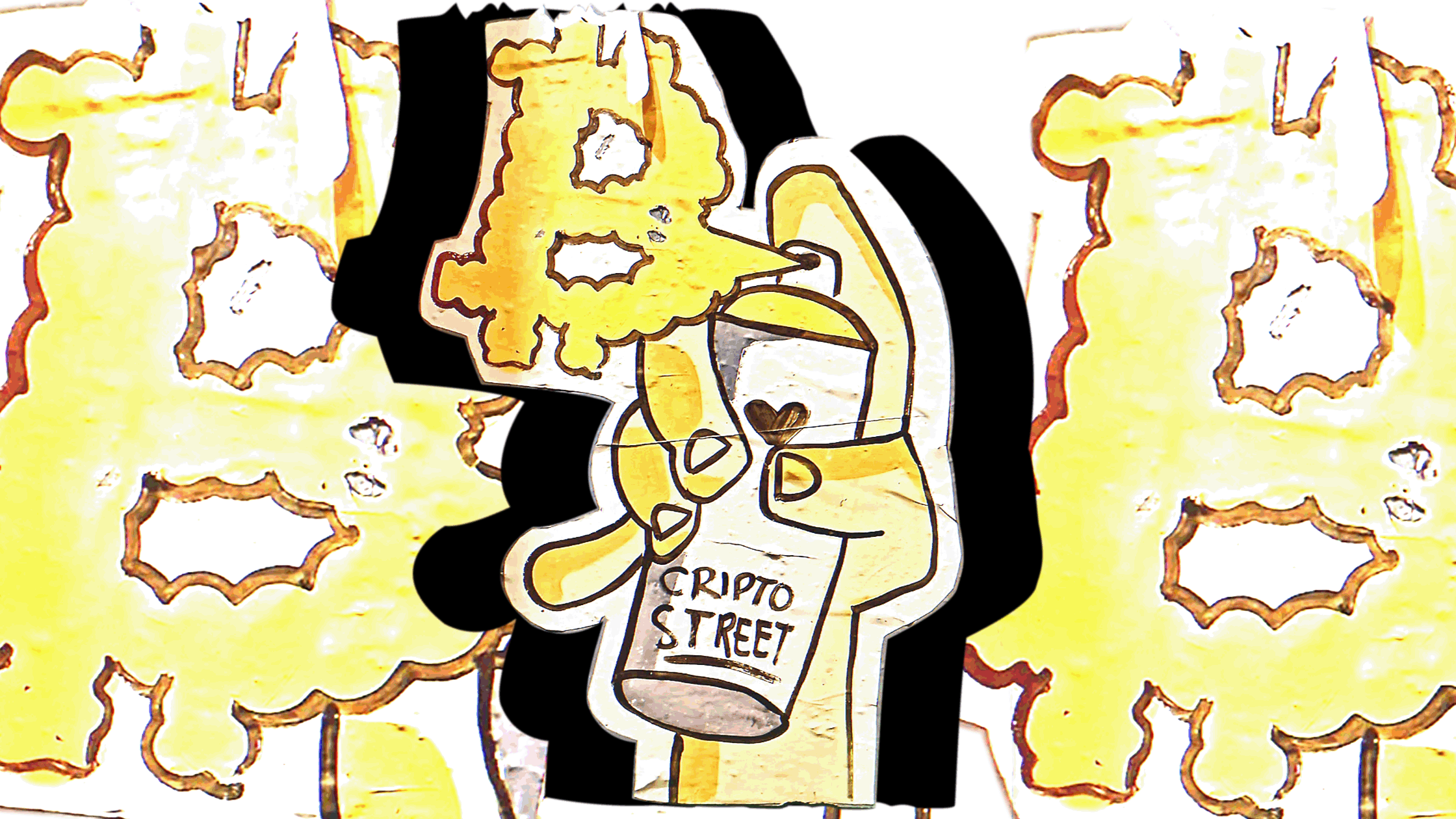During the first sunny days of August 2024, Michael Burry, the legendary investor known for his bets against the U.S. housing market during the 2008 financial crisis — immortalized in the film “The Big Short” — has made significant adjustments to his investment portfolio that have raised eyebrows in the financial community.
Burry’s recent moves suggest a shift in his economic outlook, with implications that reach far beyond Wall Street.
“Burry’s Sky” NFT — see in objkt.com
Exiting Gold: A Bet on the Dollar’s Strength
In a surprising move, Burry has completely sold out of his position in the Sprott Physical Gold Trust ($PHYS). This comes after a 23% gain in $PHYS over the past six months, during a period when gold traditionally serves as a hedge against inflation. Gold’s appeal often rises in uncertain times, providing a safeguard against currency devaluation and inflationary pressures. However, Burry’s exit could signal a growing confidence in the strength of the U.S. dollar and a belief that inflationary concerns are receding.
This move is particularly notable given the latest Consumer Price Index (CPI) data. In July, the CPI showed its lowest growth since March 2021, cooling to 2.9%. This decline in inflationary pressures has led to speculation that the Federal Reserve might consider cutting interest rates in September 2024. Burry’s decision to exit gold may reflect his expectation of a stronger dollar in the near term, possibly driven by a more accommodative monetary policy.
“Modern Gold” NFT — buy in objkt.com
Consumer Spending
Burry’s newfound optimism isn’t confined to the dollar. He has also made a substantial bet on consumerism by adding a massive stake in Shift4 Payments ($FOUR), a company that processes payments for over 200,000 businesses in the retail, hospitality, leisure, and restaurant sectors. This stake now constitutes 13.97% of Burry’s portfolio.
The July retail sales data supports Burry’s bullish stance, with sales accelerating by 1% month-over-month, far exceeding the 0.3% estimate. As consumer spending shows no signs of slowing, Burry’s investment in Shift4 Payments is a calculated move to capitalize on this sustained economic activity.
“Bale’s Burry” NFT — check out in objkt.com
Tech Offices
Burry’s contrarian instincts are on full display with his new position in Hudson Pacific Properties ($HPP), a Real Estate Investment Trust (REIT) focused on West Coast tech offices. Hudson Pacific has had a tough year, with its stock down over 49% year-to-date. Yet, Burry’s strategy of buying shares in companies when they “look like roadkill” is well-known, and his investment in Hudson seems to align with this philosophy.
Hudson Pacific’s portfolio includes over 19 million square feet of property, with anchor tenants such as Netflix, Google, Square, and Uber. Despite the challenges faced by the office space market in the post-pandemic world, Burry appears to be betting on a recovery driven by a robust U.S. job market. Recent labor data shows that initial claims for state unemployment benefits fell by 17,000 to a seasonally adjusted 233,000 for the week ended August 3, the largest drop in nearly a year. Burry’s investment in Hudson Pacific suggests he is optimistic about the resilience of the tech sector and the broader U.S. job market.
A Bold Bet on China
Perhaps most intriguing is Burry’s significant exposure to Chinese stocks, which make up over 45% of his portfolio. His holdings include Alibaba ($BABA), JD.com ($JD), and Baidu ($BIDU) — all key players in Chinese consumerism and technology.
The Chinese government has recently announced plans to issue 1 trillion yuan in treasury bonds and eased mortgage regulations to boost the housing market. These measures are aimed at stimulating economic growth, and Burry appears to be positioning himself to benefit from a surge in Chinese consumer spending once the economy stabilizes.
China’s version of communism, which really does involve a lot of billionaires, keeps surprising the world with good news.
Election-Year Play
Burry’s second-largest position is Molina Healthcare ($MOH), a company that provides managed healthcare services to low-income families and individuals. This could be a strategic move ahead of the upcoming U.S. elections, where healthcare remains a contentious issue. Molina has already seen a 21% increase in its stock price over the past month, indicating that Burry’s bet on healthcare may be as much about political foresight as it is about economic fundamentals.
Michael Burry’s latest trades paint a complex picture of an investor who sees opportunities in both global recovery and domestic strength. His exit from gold and significant investments in consumerism, real estate, and Chinese equities suggest a belief in the resilience of key economic sectors, even as geopolitical uncertainties loom large. Whether his bold bets will pay off remains to be seen, but one thing is clear: Burry’s moves are once again challenging the conventional wisdom on Wall Street.









